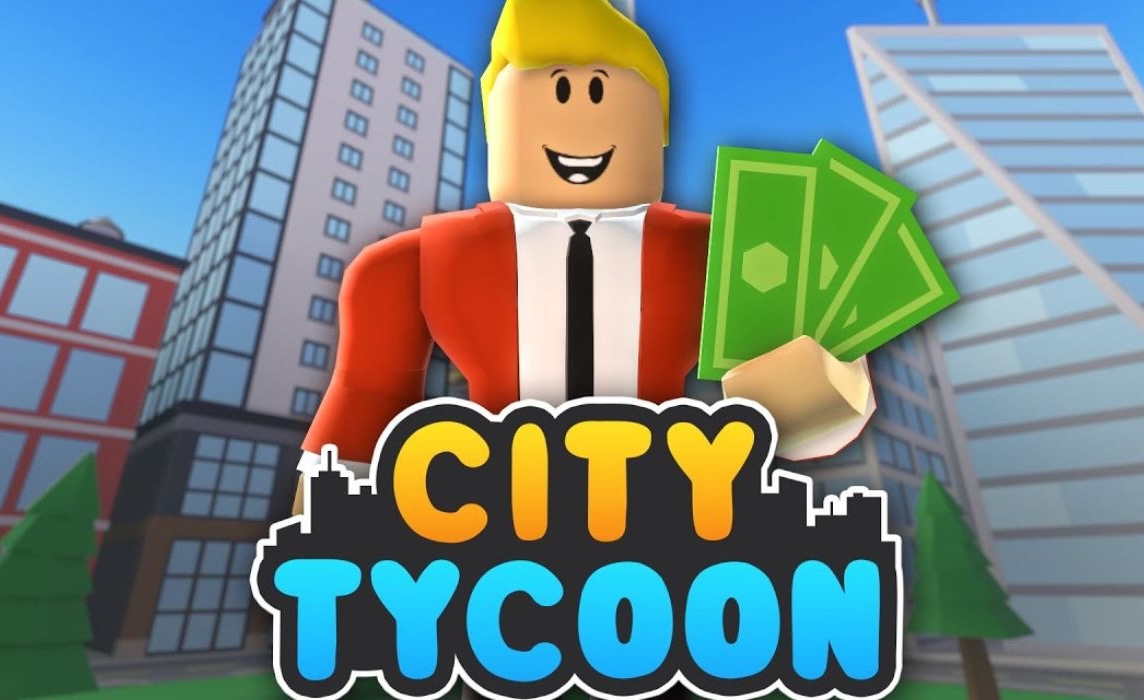The secret sauce behind top-grossing Roblox tycoon games

Roblox tycoon games are a digital goldmine – and not just for developers. These click-heavy, upgrade-focused experiences have captivated millions of players with one specific promise: build an empire from scratch. Whether managing a pizza shop, operating a space station or running a zombie factory, tycoon games make the grind feel rewarding.
But what makes certain tycoon games on Roblox rake in serious Robux while others fade into the void of Page 10 in the search results? The answer isn’t as simple as flashy graphics or click-to-win mechanics. Top-grossing tycoon games follow a very clever formula that hooks players, keeps them playing, and – yes – gets them spending.
The illusion of progress = instant dopamine
Tycoon games are designed to trick the brain into feeling constant achievement. It starts with a button generating a single dollar per click, followed by a conveyor belt, then a dropper, and before long, thousands are being auto-generated every second. The growth appears exponential, even though it is scripted.
This manufactured sense of progression is crucial. Players must feel they are becoming richer, more powerful or more in control. Each new upgrade – whether unlocked by time or currency – delivers a sense of reward. The loop is deliberately tight and satisfying, with every element crafted to reinforce that feeling.
Monetisation that feels optional (but isn’t)
One of the key drivers behind a tycoon game’s success is the way it handles monetisation. The most effective titles do not rely on blunt paywalls; instead, they subtly encourage spending. Timed boosts, multipliers or limited-edition upgrades are dangled to shorten the grind, offered precisely at the moment when the temptation is hardest to resist.
What’s more, many players fuel their in-game spending by grabbing Apple gift cards on Eneba, which let them stock up on Robux or get premium access without using a credit card. It’s a frictionless experience that turns “Why not?” into “Buy now.”
Even if a game is technically free-to-play, top tycoon developers build systems that quietly convert time-poor but cash-rich players into revenue machines. And it works – exceptionally well.
Simplicity sells (when it’s polished)
Photorealism is not essential in Roblox. Tycoon games thrive on simplicity: bright colours, bold user interfaces, satisfying button sounds and clean animations matter more than hyperrealistic textures. Players, particularly younger ones, value clarity over complexity.
The most successful games keep layouts easy to navigate, objectives straightforward and upgrades just a click away. That level of polish takes time, but it is what separates a fleeting novelty from a million-visit success.
Community-driven growth loops
Here’s where the real magic happens: social proof. Popular tycoon games often include leaderboards, co-op modes or PvP mechanics that create friendly competition. The sight of another empire ten times larger can become motivation to grind – or spend – to catch up.
Add in regular updates, seasonal events and user-generated content and the result is a recipe for long-term engagement. These games are not just about tapping and upgrading – they become social hubs.
The bottom line
Top-grossing Roblox tycoon games aren’t just fun – they’re strategically addictive. They tap into human psychology, lean on slick monetisation, and polish every detail to keep players coming back. And with the rise of digital marketplaces like Eneba, spending in-game has never been easier – or smarter.
The editorial unit

























Facebook
Twitter
Instagram
YouTube
RSS